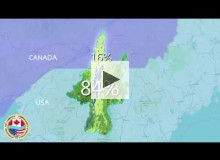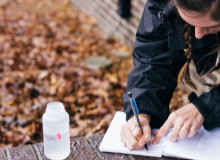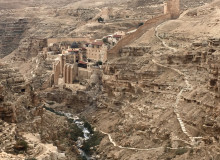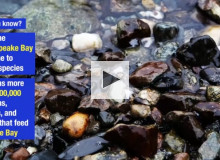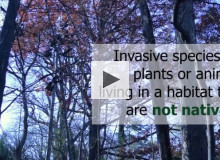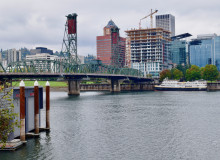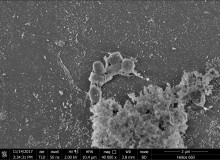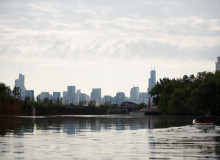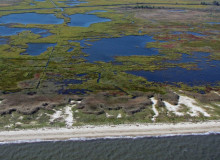Clean Water
Planet Forward Correspondent | SUNY Plattsburgh
Water management is not always thought of as an international issue, but for unique watersheds like Lake Champlain, flood mitigation has become a concern for all area locals, regardless of borders.
SUNY College of Environmental Science & Forestry
These wanted posters will be used to target specific populations in the affected areas to encourage public participation in invasive species surveying & management.
Sewanee: The University of the South
Faced with the daunting reality of water inaccessibility in rural Tennessee, Sewanee senior Haley Tucker turns to storytelling as a solution.
George Washington University
EcoPeace Middle East is working to protect the Jordan River through religion and faith-based engagement.
George Washington University
My video tells the story of the growing population in the Chesapeake watershed and it's relationship to the dead zones in the Bay. I attempted to gather a wide range of video to show the interconnectedness of animals, humans, and plants in the Bay... Read More
The George Washington University
How does the D.C. area manage invasive species? Here's a look at the problems local ecosystems face and how experts and volunteers are tackling them.
Planet Forward Senior Correspondent | Reed College
While Portland is known for its progressive politics, the nearby Williamette River revealed environmental neglect, spurring a grassroots energy for reform.
Planet Forward Senior Correspondent | Reed College
There have been 9.1 billion tons of plastic produced since the 1950s — with no efficient way of getting rid of it. Luckily, a recent college graduate may have found a new solution to combat our plastic waste.
Planet Forward Correspondent | Northwestern University
The Chicago River has been used and abused for decades. Learn about the renaissance the river and its watershed is experiencing thanks to the cleanup efforts of the city and groups like Friends of the Chicago River.
University of Delaware
The health of the Delaware Bay is in question. Human activities, even those at the far reaches of a watershed, can deeply effect a bay's ecosystem. So how can we prevent more damage and work on restoration?

